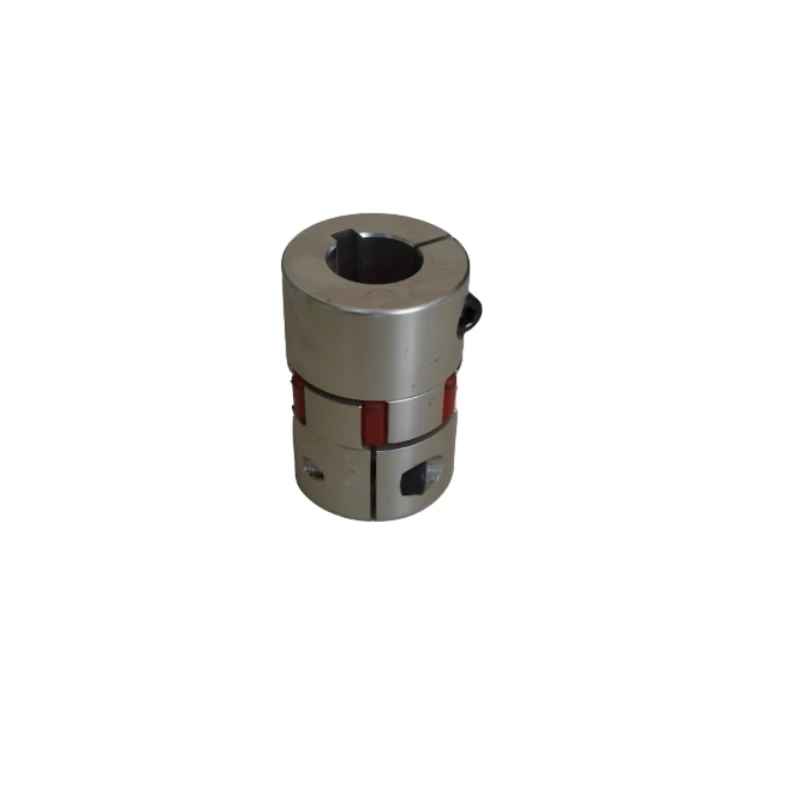what does oem mean in car parts
Understanding OEM in Car Parts What Does It Mean?
When it comes to car maintenance and repair, the term OEM often frequent discussions among both consumers and professionals in the automotive field. But what does OEM really mean, and why is it important for car parts?
OEM stands for Original Equipment Manufacturer. This term refers to the company that makes the original parts for a vehicle during its production phase. For example, if you have a Ford vehicle, the OEM parts for that car are produced by Ford or their designated suppliers. These parts are built to the exact standards and specifications set by the manufacturer, ensuring a high level of quality and compatibility with the vehicle.
The Difference Between OEM and Aftermarket Parts
To understand the significance of OEM parts, it is crucial to differentiate them from aftermarket parts. Aftermarket parts are those made by third-party manufacturers that are not affiliated with the original car manufacturer. While these parts can sometimes be less expensive, they can also vary significantly in quality. In some cases, aftermarket parts may not fit properly and could lead to performance issues or even safety hazards.
Let’s consider an example if you needed to replace a car's brake pads, an OEM part would be those provided by the vehicle manufacturer or their authorized vendors. In contrast, an aftermarket brake pad could be made by another company that designs its product with cost-saving measures or performance enhancements in mind. While it might work well, it is not guaranteed to meet the original specs your car was built with.
Advantages of Choosing OEM Parts
1. Quality Assurance OEM parts are manufactured to meet the same standards as the original components in your vehicle. This means you can be confident in their quality and performance. Choosing OEM means avoiding the potential risks associated with inferior aftermarket parts.
what does oem mean in car parts

2. Perfect Fit Since OEM parts are specifically made for your vehicle’s make and model, they generally provide a perfect fit. This is particularly important for complex systems within the car where precision is paramount, such as brakes and suspension parts.
3. Warranty Protection Using OEM parts often helps maintain the vehicle’s warranty. If you perform repairs with aftermarket components, they could void your vehicle's warranty, especially if they lead to further issues down the road.
4. Longevity Many OEM parts are designed to last longer than their aftermarket equivalents. This longevity can lead to fewer repairs and replacements, making OEM parts a wise investment over time.
Disadvantages of OEM Parts
Despite their advantages, OEM parts often come with a higher price tag compared to aftermarket options. This cost is usually associated with the use of higher-quality materials and the brand reputation of the original manufacturer. For budget-conscious consumers, this can be a significant consideration.
Final Thoughts
In conclusion, understanding the meaning and implications of OEM in the context of car parts is essential for making informed decisions about vehicle maintenance. While both OEM and aftermarket parts have their pros and cons, choosing OEM parts often ensures the highest level of quality, fit, and performance. Therefore, if you are looking to maintain your vehicle’s integrity and performance, it is worth considering OEM parts when repairs are needed. By doing so, you can rest assured that you are investing in your vehicle's longevity and safety on the road.
-
OEM Sand Cast Pump Valve Fittings - Hairun Sourcing | Precision Engineering, Industrial EfficiencyNewsJul.13,2025
-
EcoGuard 3000 - Sustainable Agriculture Solution&Soil Health ImprovementNewsJul.13,2025
-
SmartAgri Solutions: Smart Farming Tech | AI Analytics & IoT SensorsNewsJul.13,2025
-
[Product Name]-[Company Name]|Business Efficiency&InnovationNewsJul.13,2025
-
Smart Factory Solutions-Industrial Efficiency|Real-Time Analytics&Automated WorkflowNewsJul.12,2025
-
OEM Sand Cast Pump Valve Fittings - Hairun Sourcing | Durable, Reliable, CustomizedNewsJul.12,2025















